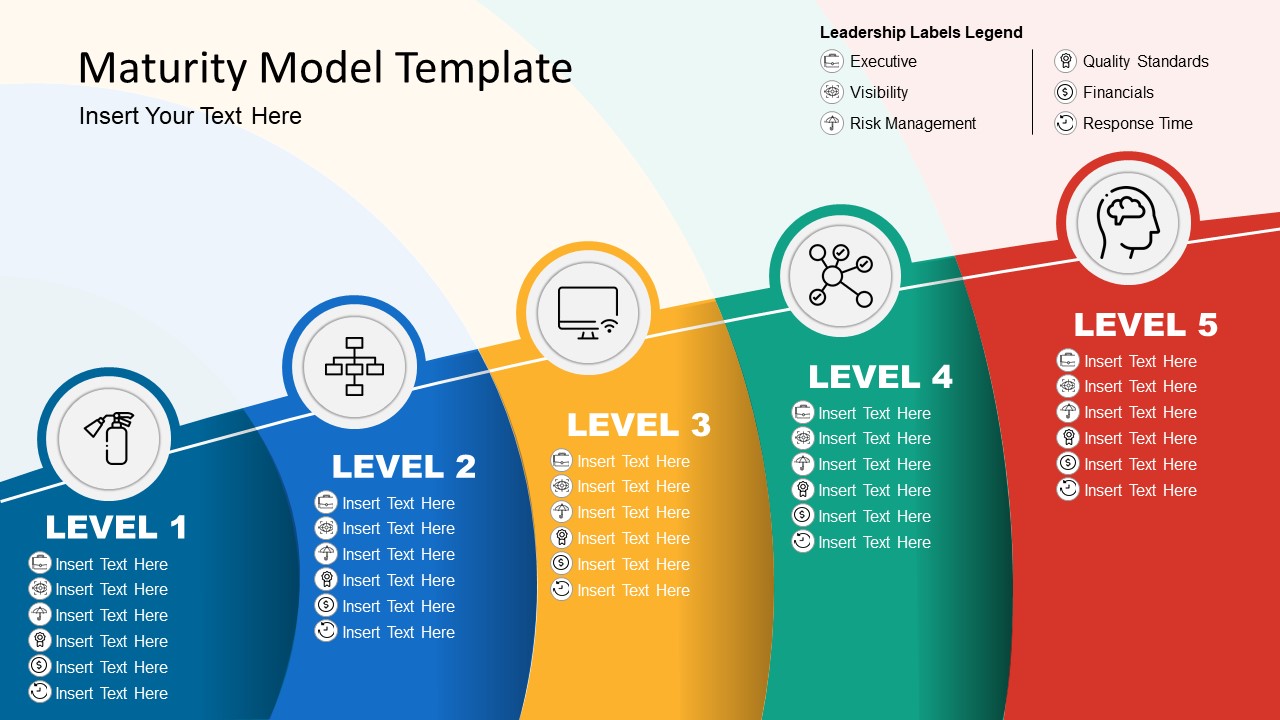


Related: Workplace Continuous Improvement Plan: Definition, Techniques and Examples Why are maturity models important? Models define different levels of effectiveness and can pinpoint a person, team, project or company's current position within the model. Models aim to see if companies are maturing, which means they're constantly testing, growing and improving. Unlike other goal-driven measuring tools, maturity models can evaluate qualitative data to determine a company's long-term trajectory and performance. What is a maturity model?Ī maturity model is a tool that businesses and software development teams use to measure how well their business or project is doing and how capable they are of continuous improvement. In this article, we define what maturity models are, explain why they're important, list the different kinds and outline some benefits of incorporating maturity models into your business processes. If you're looking to use a maturity model to evaluate your operations, it can help to understand the different types and how they can benefit your organization.

Maturity models are one tool software development and business-oriented companies use to measure the success of their processes and management styles. Performance evaluation tools can help organizations improve efficiency, identify areas in need of improvement and develop processes that can help their teams and business grow.


 0 kommentar(er)
0 kommentar(er)
